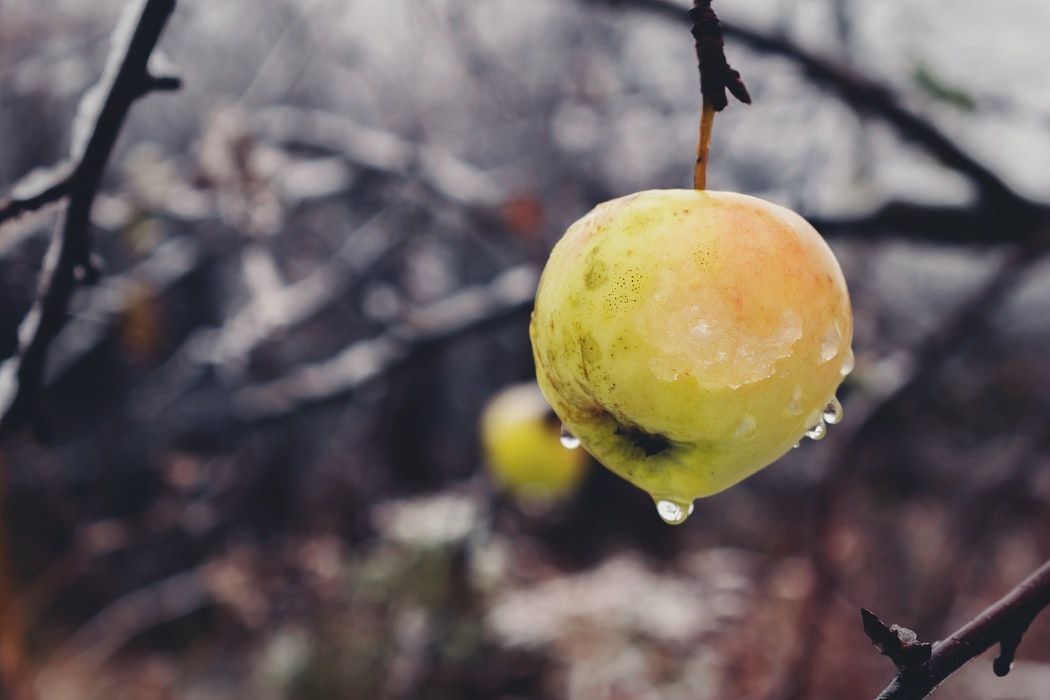The apples in the orchard in La Palazzetta sparkle like diamonds in the spring sunshine, deliberately covered in ice to protect them from frost.
“Last night we saved 5,000 tonnes of apples using this method” across the Valtellina valley in northern Italy, said Jacopo Fontaneto, of the local branch of the Coldiretti agricultural organisation.
It seems at first glance counterintuitive to freeze the plants to protect them from a sudden drop in temperatures, as was felt across Italy and much of Europe this week.
“It’s simple — we use the existing irrigation system to hose down the plants when temperatures get down to zero. The ice that then forms provides thermal insulation,” Fontaneto told AFP.
“It allows the flowers to stay at that temperature, instead of dropping during the night to minus three or minus four degrees Celsius, as happened last night, which would destroy them.”
Parts of Italy were hit by a cold snap and even snow earlier this week after basking in above-average temperatures just a few days earlier.
Coldiretti warned the frost had cut agricultural production in some areas by almost half, affecting apricots, peaches, strawberries, kiwis and some vegetables.
While some farmers are freezing their crops, others are lighting bonfires overnight to warm them, at some cost.
“In Italy we are facing the consequences of climate change with a tendency towards tropicalisation and the multiplication of extreme events,” Coldiretti said.
Climate events including flooding and rapid shifts between sunshine and bad weather have hit national agricultural production and caused structural damage, causing losses of some 14 billion euros over a decade, Coldiretti added.







